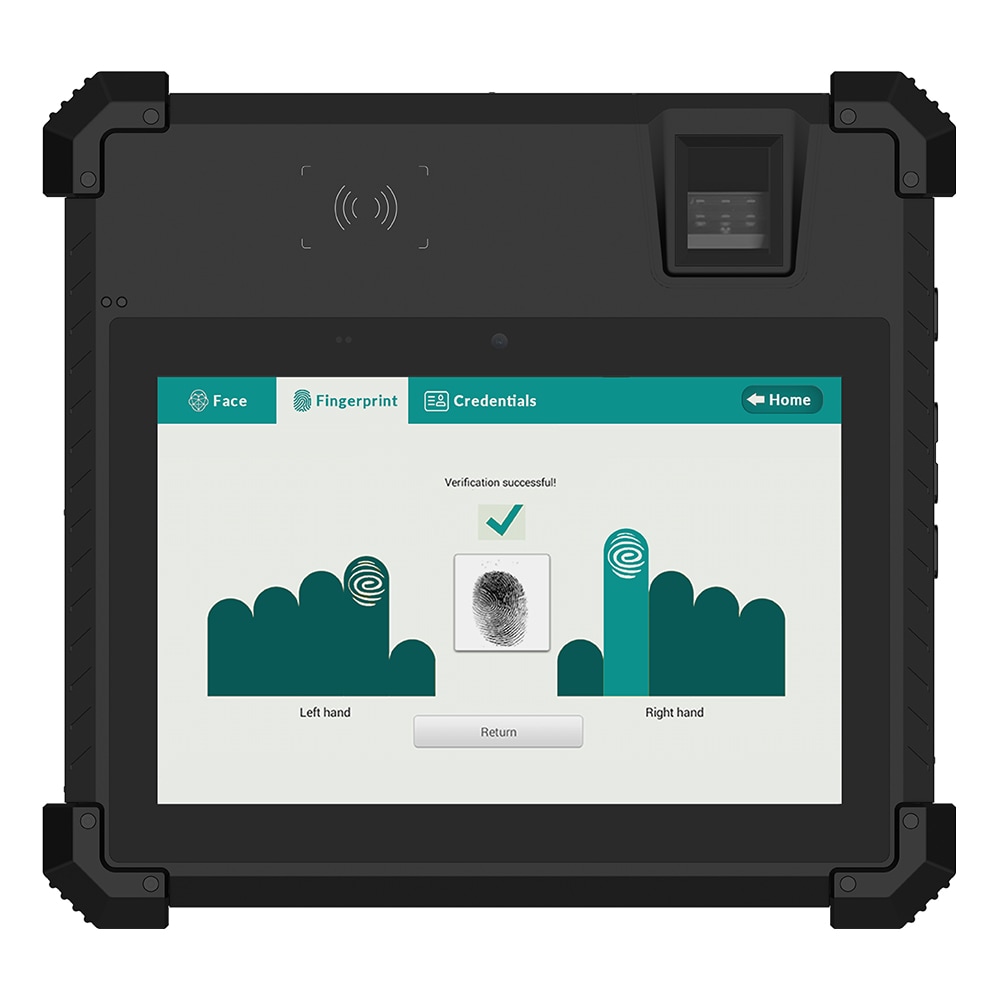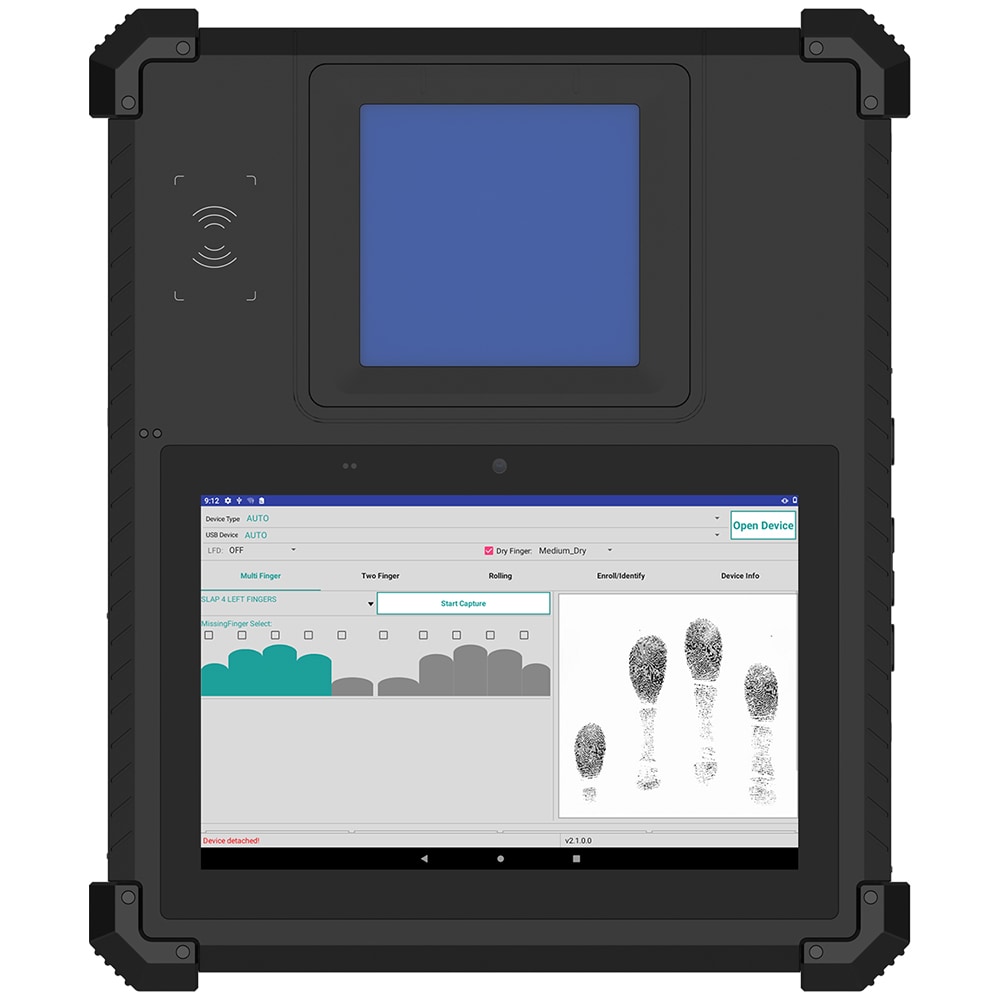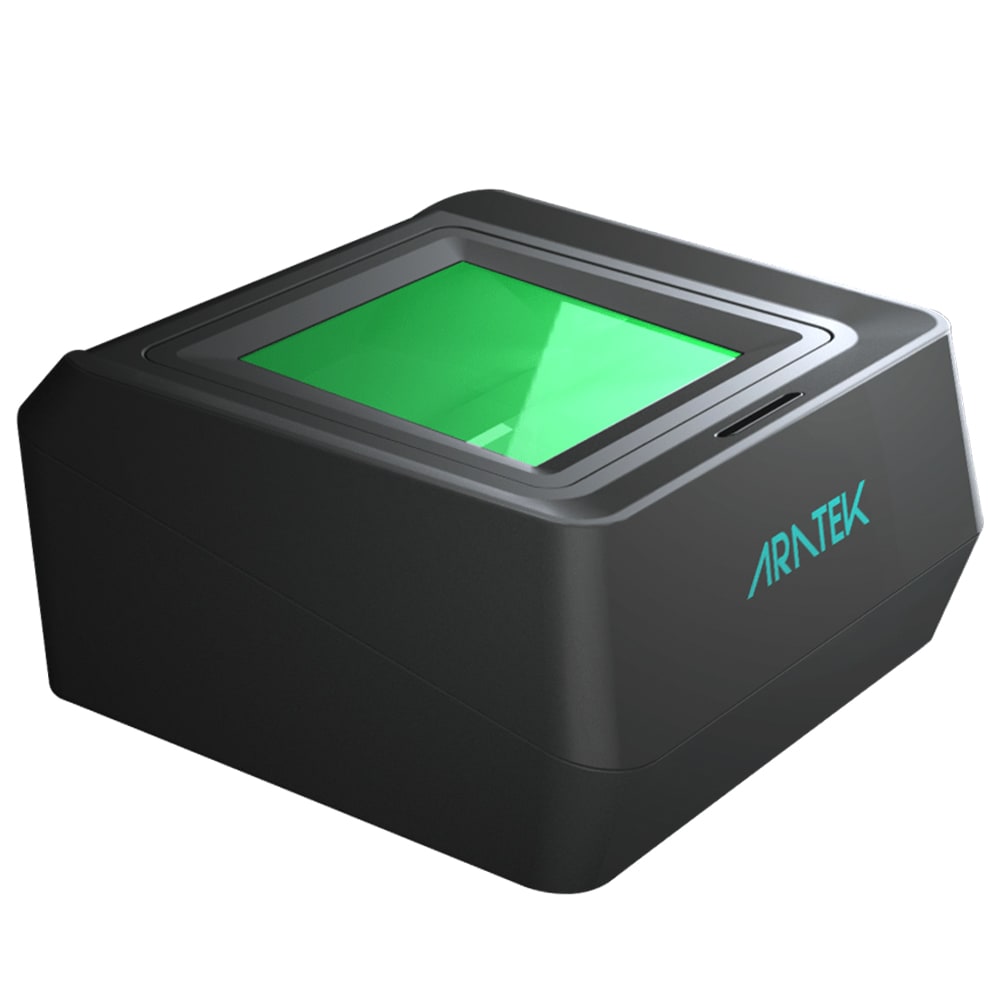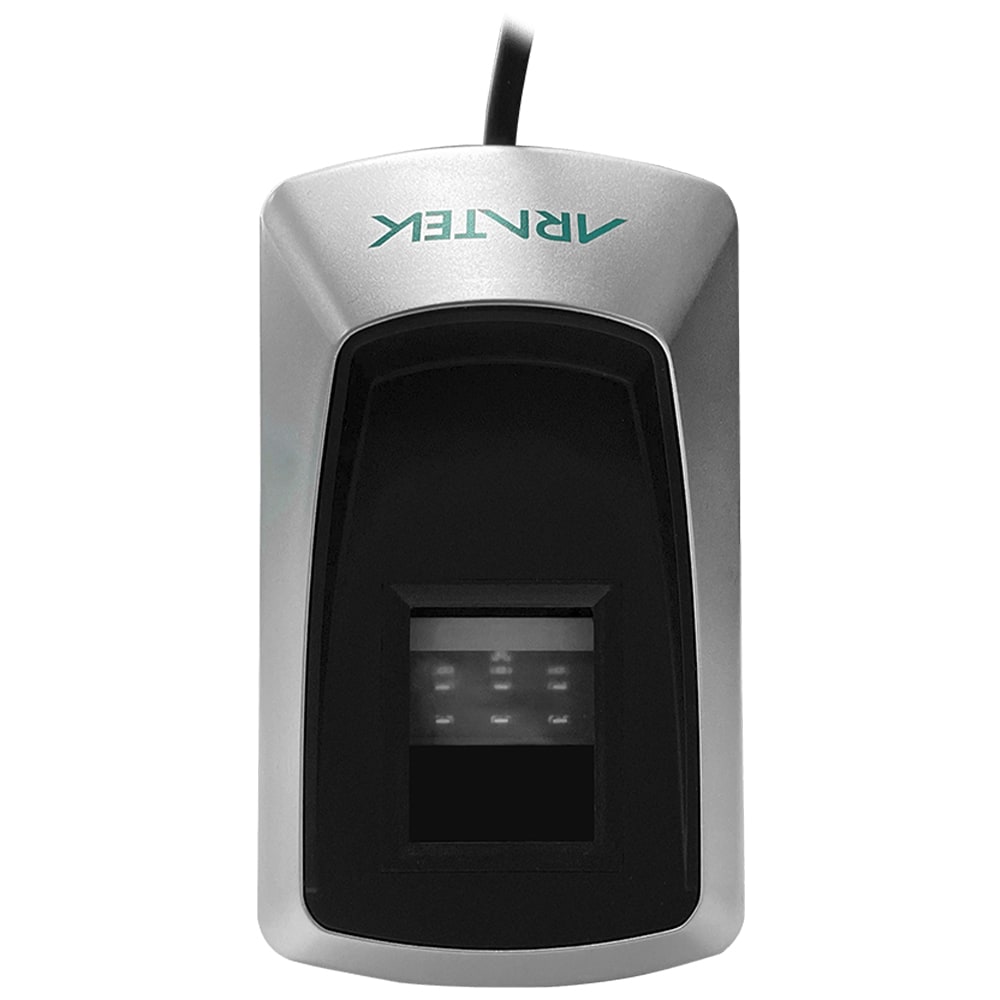
PRODUCT

Smarter Biometrics, Stronger Digital Identity.
VIEW ALL
product finder
solution
case study
support
Company

Identifying the World. Easily, Securely.


years of solid experience
20+
.jpg)
400+
customised projects



EN
.avif)

The landscape of identity management in Nigeria is undergoing a profound transformation with the rollout of the new Nigeria ID card. Spearheaded by the National Identity Management Commission (NIMC), this initiative is designed to consolidate multiple forms of identification into one powerful, multipurpose tool. As Nigeria strives to enhance security, financial inclusion, and access to social services, the new National ID card stands as a testament to the nation's commitment to leveraging technology for socio-economic progress. This comprehensive digital identity system simplifies how citizens interact with government and private services. It also ensures that no one is left behind on the journey toward a more inclusive Nigeria.
This article explores the evolution, features, and profound impact of this pivotal development in Nigeria's identity management landscape.
The development of Nigeria's national identity system has been a journey marked by significant milestones, challenges, and reforms. From its early conceptualization in the 1970s to the present-day introduction of the new General Multipurpose Card (GMPC), Nigeria's efforts to establish a reliable and inclusive identity management framework have been both ambitious and transformative.
The concept of a national identity card in Nigeria is not new, having undergone several iterations and improvements over the decades:
In response to the persistent challenges, the Nigerian government established the National Identity Management Commission (NIMC) in 2007, mandated by the NIMC Act No. 23. The NIMC was tasked with several key functions:
The National Identity Management Commission (NIMC) has made notable progress in enhancing the registration process and increasing the issuance of National Identification Numbers (NINs) and National e-ID Cards. These efforts have contributed to the broader goal of establishing a secure and inclusive identity management system in Nigeria. Key milestones include:
Despite these achievements, the NIMC continues to face several challenges that hinder the full realization of the National Identity Management System's potential:
The evolution of Nigeria's national identity system, from its early challenges to the establishment of the NIMC and the introduction of the NIN and multipurpose ID card, has laid a strong foundation for future advancements. However, the journey is far from complete. The upcoming introduction of the General Multipurpose Card (GMPC) in 2024 represents the next phase of innovation, promising to further streamline identity verification and enhance access to social and financial services for all Nigerians.
In 2024, Nigeria is set to introduce the General Multipurpose Card (GMPC), a significant upgrade in the nation’s identity management system. Developed by the National Identity Management Commission (NIMC) in collaboration with the Central Bank of Nigeria (CBN) and the Nigeria Inter-bank Settlement System (NIBSS), and supported by the AfriGo domestic card scheme, the GMPC is designed to be more than just an ID card. It’s a versatile tool that combines identity verification with financial services, making it easier for Nigerians to access both government services and financial products. This new card represents a step forward in Nigeria’s digital transformation, aimed at making identity management more secure, inclusive, and convenient.
The GMPC builds on the foundation of the previous National e-ID card but introduces several enhancements that make it more versatile, secure, and user-friendly. Here’s what sets the GMPC apart:
The process for obtaining the GMPC is designed to be straightforward and accessible, ensuring that all eligible citizens and residents can easily acquire their cards. The steps are as follows:
Individuals can visit the nearest bank or any approved center to request the GMPC. The request can also be made online or at NIMC offices nationwide.
Applicants must present their National Identification Number (NIN) and proof of being at least 18 years old. The NIN serves as the key identifier for issuing the GMPC.
The bank or approved center will send the applicant’s NIN to NIMC for verification. NIMC will then provide the necessary identity data to the bank in a secure format.
Once the identity data is verified, the bank will personalize the card, encoding the standard EMV data for financial transactions. The card is then printed and issued to the individual.
The identity features of the GMPC do not expire, ensuring lifelong utility as a national ID. However, the payment functionality (debit or prepaid card) has a standard expiration date, after which the cardholder can renew the payment feature or continue using the card solely for identification purposes.
The GMPC represents a significant step forward in how Nigerians interact with the world. It’s not just an ID card; it’s a gateway to a more secure, inclusive, and connected life. As the GMPC rolls out in 2024, it will play a crucial role in empowering citizens, simplifying access to essential services, and contributing to the nation’s socio-economic development.
This new card is about more than just keeping up with global standards—it’s about making sure every Nigerian can participate fully in the digital economy and society. The GMPC is designed to be a tool for the future, ensuring that as the world moves forward, no one is left behind.
The introduction of the new General Multipurpose Card (GMPC) in 2024 marks the beginning of a new era for Nigeria’s identity management system. This new e-ID card is more than just a tool for identification; it represents a comprehensive approach to bridging the gap between citizens and the services they need most. By integrating cutting-edge security features, facilitating financial transactions, and ensuring accessibility even in the most remote areas, the new GMPC will be instrumental for all types of social and financial services to Nigerians. This initiative positions Nigeria as a leader in digital identity across Africa, aligning with broader continental efforts like ID4Africa, which aims to empower every African with a legal identity.
As the GMPC rolls out, it is set to enhance how Nigerians interact with both government and private sector services, making it easier to access healthcare, education, financial products, and more. The card’s dual functionality as an ID and a financial tool ensures that no one is excluded from the socio-economic opportunities that a digital future promises.
Aratek Biometrics is proud to support national ID programs across Africa, providing the biometric devices that make ID registration and verification secure and reliable. To learn how Aratek can help you build a future-proof identity management system, contact us today.
.avif)
Use our product finder to pinpoint the ideal product for your needs.


















